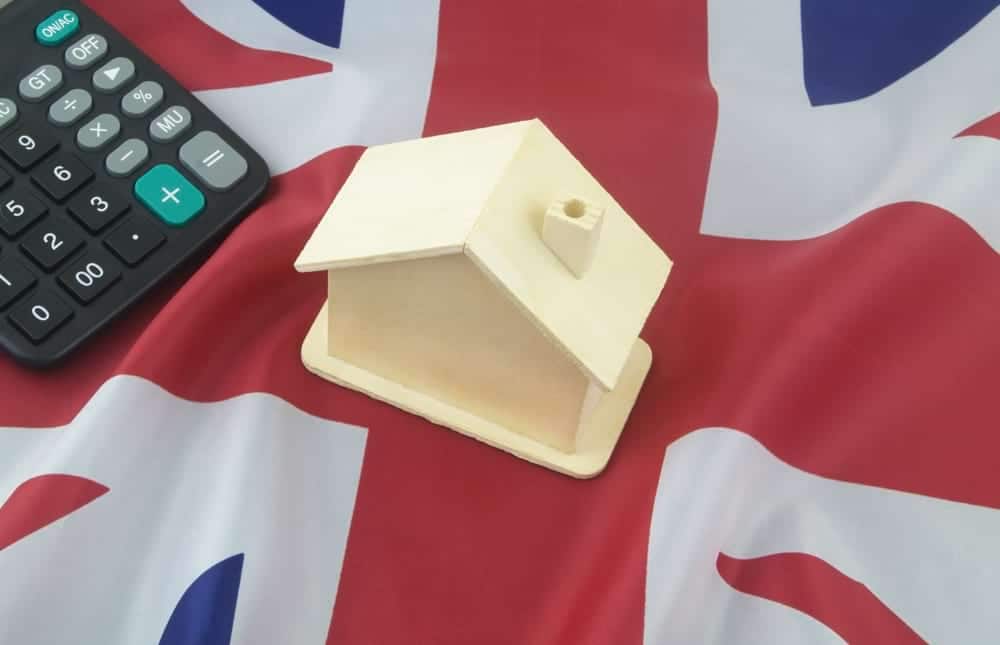The legal process for selling a house is time-consuming and can be frustrating part.
This is particularly true if you’re looking to sell your house fast.
Most home sellers will hire a solicitor. However, this can be costly.
So, do you even need a solicitor to sell your house?
Do you have to have a solicitor to sell your house?
In theory, you don’t have to have a solicitor to to sell a house.
However, in practice, it is advisable to have one.
Why do I need a solicitor to sell my house?
Selling a house without a solicitor comes with big challenges. They carry out many essential tasks that the average property seller is not capable of doing (see below, ‘What does a solicitor do when you sell a house?’).
In some cases, using a solicitor is a requirement. For example, when a leaseholder or freeholder demands representation during a sale.
There are other matters to consider if you’re selling a leasehold property, and some mortgage providers won’t negotiate without the use of legal aid. This means the decision to sell without a solicitor may not be possible in some instances.
Solicitors vs. conveyancers
All solicitors can legally perform conveyancing. And a conveyancing solicitor will have expertise in property law, and help make the process easy for you.
The main difference is that a licensed conveyancer is trained in conveyancing and not in other legal services that apply house sales.
So, solicitors are more expensive than conveyancers. But as qualified lawyers, they offer the complete range of legal services and are better when faced with complex legal issues that apply to a sale.
What does a solicitor do when you sell a house?
When you sell your home, a solicitor typically does the following tasks:
- Organise legal contracts
- Agree your mortgage settlement amount
- Arrange title deeds
- Act as a recipient of a deposit
- Approve the deed of transfer
- Prepare a final statement
- Organise final accounts and settlement.
- Write up a contract for sale.
And much more.
Solicitor costs when selling a house
The average cost for a UK conveyancer is typically around £1000.
This is when selling a house at the 2021 UK average of £251,000, and could be anything up to £1,500.
Buying a property can mean this fee is even higher.
This includes the legal fees as well as conveyancing disbursements. These are an important part of the process. Finding out how much this costs upfront can save you from an unexpected fee later on.
Another option is to use a licensed conveyancer. Because they are more affordable, some sellers like to save money by using their services. Knowing they are using an experienced professional to act on their behalf is a comfort many sellers consider worth paying for.
Fees vary depending on the value of the property and the conveyancer.
Solicitor’s Fees for buying or selling a property in 2024
The cost of hiring a solicitor to handle your property transaction in 2024 will vary depending on the property’s value and ownership type.
Freehold Properties
- £100,000 – £200,000: Expect to pay around £880 in solicitor’s fees.
- £200,000 – £300,000: The cost typically increases to £1,000.
- £600,000 – £700,000: You might pay around £1,600.
- Over £1 million: Solicitor’s fees can exceed £2,000.
Leasehold properties
Leasehold properties generally incur higher solicitor’s fees due to the added complexity involved. You can anticipate an additional 10% on top of the freehold costs.
How much do legal tasks cost?
Rather than hiring a solicitor, some homeowners prefer to know the legal costs attached to selling a house .
However, these vary greatly.
A more complicated sale can increase the size of a conveyancers fee. But the ownership structure also plays a part.
With a simple ownership structure, there may be less additional work for a solicitor, especially when the transaction involves a non-complicated buyer.
If you own a leasehold property with a mortgage, the additional work for your conveyancer when selling the property can result in a larger fee.
Anyone who decides to sell a leasehold property without the use of a solicitor will need to be aware of certain assignment conditions in the lease agreement before selling.
Some conveyancers charge a percentage of the value of your home whereas others work on a fixed fee basis. However, solicitor fees for selling are generally more affordable compared to buying a property.
Can I do my own conveyancing?
It is possible, but there are risks when conveyancing yourself.
Conveyancing alone is not recommended without prior knowledge and experience of the process.
Even if you do decide to do it, most mortgage lenders will require the use of a registered solicitor before they approve the sale.
DIY conveyancing is more feasible when you’re selling a property without a mortgage.
Doing your own conveyancing is also an option through Deeds of Gift (transfer without money involved).
If you wish to explore these options, be sure to thoroughly research every step involved before you take on the task of conveyancing yourself.
Most experts recommend comparing quotes before hiring a reputable conveyancing solicitor if you are not familiar with the process.
Finding the right solicitor for your situation
You should ensure that your solicitor or conveyancer is registered with the Law Society or with the Council for Licensed Conveyancers.
You will also find that some online conveyancing firms offer a no sale, no fee service. If your short-term funds are low then this may be a relevant consideration for you.
Some traditional conveyancing firms will offer this, but typically with an increased fee.
If there is an issue involving your property such as a boundary dispute, make sure your solicitor or conveyancer is experienced at dealing with these matters.
You should also consider whether local knowledge be useful in the case of your home. If so, it might be worth opting for a local legal professional.
Finally, you can ask friends for recommendations and estate agents also recommend solicitors.
If you can find a firm which has lots of positive reviews, and you can cross-check their references, then that may be the best option to choose. But take your time and select your solicitor carefully.



















